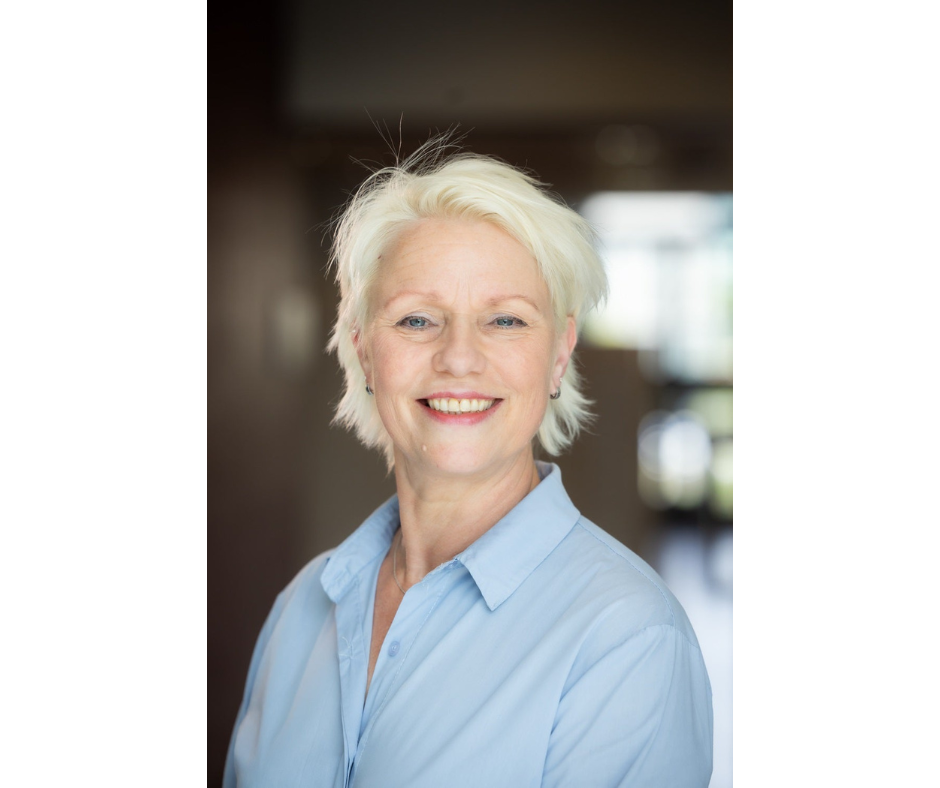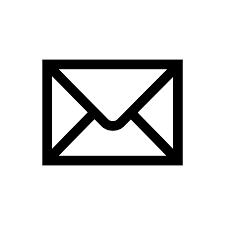In a recent interview that you had with SURF, you talked about how “libraries play a leading role in tackling the big challenges of digitisation” and that one of these challenges is Open Access. When did you first engage with Open Access in your capacity as a librarian?
Not until I started working at the Amsterdam University of Applied Sciences (HvA): Before that, I knew about Open Access, but I wasn't really working in that area. I was more into long-term archiving. I did care and worry about access to our scientific publications, but mainly in the future. I've known about Open Access for 25 years—from the moment I started working in libraries. But I never realised how important it was until I started working at a university library. When I started working at a university of applied sciences—when I transferred from the National Library (KB) to Amsterdam, I realised how crazy it was that most of the researchers that work at the applied sciences don't have access to most of the scientific content that researchers at the research universities have. But then you realise, there are so many researchers and members of the general public that don't have that access. From there on, my interest in Open Access started.
You also mentioned the library community and how connected it is—nationally among universities, and even internationally. It's interesting how you've worked at these different levels: in the university, at the national, and European levels as well. What do you think are the roles of those different levels, and how do they work together? Are there certain roles that each level is more suited to address than other levels?
The international level is more of an inspirational level: You learn from each other, and you get ideas. But it's more difficult to work on projects together internationally, or to build something in an international group. It can be done, if there's a specific result or a bigger solution that's not just a separate project result—for instance a framework or an ecosystem. That's always on the European level.
The national level is focused on doing things together. In that regard, the UKB has set up very good projects. Personally, I would want to work towards the idea of one national digital library for the Netherlands, but for now we can only take small steps. Fortunately, we are taking steps, together with SURF. For instance on the [UKBsis] data hub, because it's really important to share as much data as we can.
On the local level, the most important thing is the team and the support we give to research and education. We're working together with researchers, students, and teachers to see what the library can do for them. The library is a combination between thinking and doing, and that's why it is such a nice place to work in—we are not just operational. We don't just offer the catering, we also make the recipe. The people that work here, they want to do something, and they want to think about what they're doing and exchange ideas about it. It's about making things practical.
Zooming out even further, there was an interview where you mention that Open Access should be global in the sense that it also includes the global South. Open Access is not truly open if it's not open for everyone.
I am amazed that the system that we put in place now with Open Access in the Netherlands is such a wrong system. It was this ideal of flipping so that now we don't have to pay to read. But now we have to pay to publish which means that a large part of the world can read what we publish, but they can't publish themselves. This is totally wrong. And I know that it wasn't the end goal that we were working on, but it turned out to be the end result. And so we have to really change this model again, because it's just the wrong model. But then, how do we do this? The money we pay to the big publishers goes to shareholders, and it's not going towards really opening up the system, and so we need to change this.
How large of a role do you think Diamond OA should have in the publishing landscape: Is it enough for it to be a feasible option for authors when they publish their work, or should it be the default option?
Of course, it always starts with your definition of Diamond OA. Somebody has to pay something. I always see Diamond OA being described as: the author doesn't pay, and the reader doesn't pay. But then who does? There’s work involved and somebody has to do that work. So we have to set up a business model that will work—but it shouldn't be a business model that makes profit for some organisation that is doing anything with the profit other than putting it back into research. In that sense, if that's Diamond OA, then it should be the default and should actually be the only way we do things. But how can we get there from where we are right now? Perhaps we have to find a publisher that is as idealistic as we are to say, “I’ll leave all the profits, and I’m going to use the whole company that I’ve built for the benefit of science.” That’s my dream, but I have not found this publisher yet.
Do you maybe see that hope in community-led publishing initiatives?
Yes, I do think that that is the future. But we need enough people joining it and enough people trusting it to make it the leading model. If young researchers are forced to publish with commercial publishers to get ahead in their careers, we’re not going to make it like this. It’s gradually changing, so that does give me hope. But it’s going too slow. The Open Access Policy by the Dutch government, and Plan S and cOAlition S was a big step. So if we could do that, then we could take another big step as well. But I don’t know yet what that big step should be. Should it then be, “Do away with the commercial publishers and just start Diamond OA publishing ourselves?” I don’t think we can do that, because we need their expertise and the work that they do, and their process.
What do you think then are the key challenges to get to this ideal situation of not-for-profit, community-led publishing where the money generated always goes back into the research that is being done?
Take back control is always what we say. We can do this if we stop competing between researchers for the top article, or the top journal. Let's look at recognition and rewards: Stop focusing on the paper that you want to publish, and start working on the results that we want to achieve together. That’s what needs to be done, but we need to take back control on how we share information amongst each other beyond making publications a checkpoint on your career.
That’s a really difficult thing to change—the whole publication culture.
Yes, and that’s the nature of research. I know that all researchers need to have this goal of, “I’ve done all my tests and have all the data and these results. And then comes the publishing.” You need something like that final publishing step of course, but as long as we stay in the publication process as it currently stands, it’s very difficult to change the publishing environment. But still we can look at gradually growing communities of researchers that share information not necessarily through publication as we know it—and this can only be done with the support of libraries. Each domain needs to do it for itself—it's not one size fits all. The natural sciences, humanities, social sciences, and economics—they all have different processes and share information differently.
As a last word, what do you see as the way forward for Diamond OA on the level of university libraries? How would you like to see universities and libraries advocate for Diamond OA?
I hope that we can free up some of our budget away from buying licenses, paying for the big deals, and transfer some of that money to supporting Diamond OA initiatives. I think that every university is working on that already, but it’s very modest. Let’s make that bigger. Look for a few initiatives that we think are really good and want to invest in because if we don’t, then nothing will happen. It’s also really important to have the different [research] communities supported with the way that they want to publish themselves because it’s different in every domain. I’m not that much of a believer in one central platform or one central publishing process. It’s different initiatives that we have to stimulate and see what we can do to make them grow.
And I hope that we can make use of the bad situation that we’re in right now and take back control not just for creating equity in the publishing world, but also to make sure that other countries such as the U.S. do not censor academic publications. We need to take back control over the publishing process to safeguard academic freedom.






